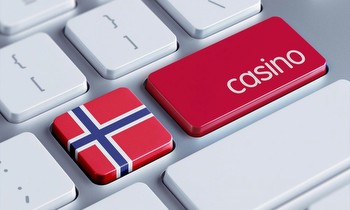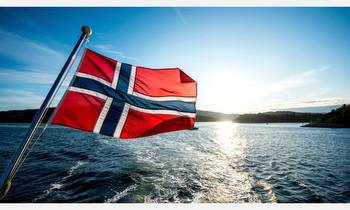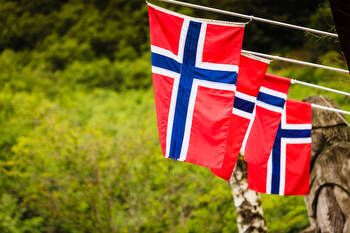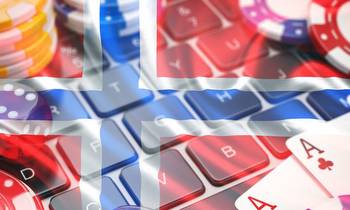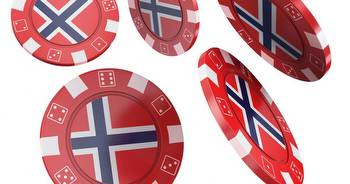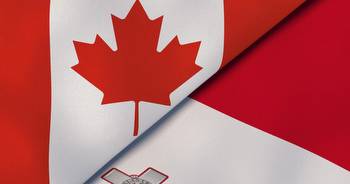Scandinavian online casino regulations

The regulatory landscape for online casinos in Scandinavia, deeply interesting for both players and industry insiders, is not just limited to an analysis of Norway and Sweden but also draws valuable parallels with Malta, known for its robust gaming regulatory framework.
This comprehensive study delves into the gambling regulations, performance and reliability of casinos in Norway and Sweden, alongside a broader discussion on Scandinavia.
Gambling regulations in Norway
Norway adopts a unique approach to gambling regulation. Unlike most countries where a combination of government and private entities oversee gambling, Norway places the entire industry under government control.
Two state-owned monopolies, Norsk Tipping and Norsk Rikstoto manage horse racing and casino games respectively. While online gambling is permitted in Norway, it comes with stringent restrictions:
- Ban on Offshore Gambling Sites: The Norwegian government has imposed a ban on offshore gambling sites, effectively establishing a closed online gambling market. This means players can only engage in online gambling through state-controlled entities.
- Restrictions on Payment Methods: The government has limited the use of credit and debit cards for online gambling to enforce the ban on offshore sites. This measure aims to prevent Norwegian players from funding accounts on unauthorised platforms.
- Focus on Responsible Gambling: The government has implemented various measures to combat gambling issues. Traditional slot machines have been prohibited due to their association with gambling addiction and players are only allowed to use interactive video terminals under the supervision of Norsk Tipping.
It is essential for individuals interested in engaging in online gambling in Norway to have a good understanding of the prevailing laws and regulations.
Gambling regulations in Sweden
Sweden, much like Norway, employs a distinctive approach to gambling regulation. The Swedish government maintains a monopoly on all forms of gambling, including online gambling, through Svenska Spel. This monopoly extends to casino games, lotteries, bingo and sports betting. Additionally, the government strictly controls and regulates gambling advertising within the country.
Despite this monopoly, offshore gambling websites remain popular in Sweden. However, the government has imposed restrictions on using credit and debit cards for offshore gambling, making it more challenging - but not impossible - for players to fund their accounts.
In 2019, Sweden introduced even stricter regulations:
- Tighter Advertising Rules: The government implemented stricter rules for gambling advertisements to curb excessive promotion.
- Ban on Bonuses and Promotions: All bonuses and promotions offered by gambling operators were banned to discourage excessive gambling.
- Crackdown on Unlicensed Operators: The Swedish government took measures to combat unlicensed operators in the market.
Furthermore, the government is working on a new gambling bill allowing foreign operators to apply for licences and enter the Swedish market.
Innovating gaming regulation: Malta's leadership and insights from Norway and Sweden
In the sphere of online gaming, Malta has emerged as a true pioneer, setting standards with its well-structured regulatory framework that many nations worldwide seek to emulate. The Malta Gaming Authority (MGA) has been instrumental in driving this sector, crafting policies that promote fairness, transparency and player protection. These regulations have helped bolster Malta's reputation as a secure and reliable jurisdiction, attracting a plethora of iGaming companies to its shores.
- Observing parallel trajectories in Norway and Sweden gives a more nuanced view of how regulatory models adapt to local realities while maintaining international competitiveness.
- Both Nordic countries have taken decisive steps to regulate their online gaming scenes, emphasising responsible gaming and state licensing, which resonate with Malta's regulatory ethos.
- The relevance of the Norwegian and Swedish models to Malta lies in their approach to addressing the challenges of online gaming landscapes. By analysing and integrating the strengths of these Nordic regulatory frameworks, particularly around responsible gaming, Malta could enhance its pioneering role.
This would further solidify its standing as a global powerhouse in online gaming regulation, demonstrating adaptability and a continuous commitment to safeguarding operators and players in the ever-evolving digital gaming arena.
Highlighting Rizk: An illustrative example
In discussions regarding Scandinavian gambling regulations, it's fitting to spotlight Rizk Casino. As a prominent entity in the Norwegian gaming scene since 2016, the Malta-based Rizk has consistently offered engaging online gambling experiences. Gaining swift recognition, Rizk was celebrated as the best new casino by "Casinomeister" and received multiple nominations at the respected Nordic Awards during its inaugural year.
Rizk is acclaimed for pioneering gamification in online casinos, transforming the gambling experience into something reminiscent of a computer game. Players are greeted by the casino's mascot, Captain Rizk and find themselves immersed in a gamified environment where every action is rewarded, enhancing the overall entertainment value.
A comprehensive understanding of how the casino skillfully manoeuvres through the intricate regulatory landscape of countries such as Norway is attainable through an analysis of Rizk reviewed by Kongebonus, which underscores the platform's adherence to compliance while simultaneously prioritising player engagement. Such an examination illuminates Rizk's dedication to conforming to legal standards and enhancing the player experience, aligning seamlessly with the article's tone.
Final note
The regulatory landscape for online casinos in Scandinavia, with a particular focus on Norway and Sweden, underscores the distinct approaches each country takes in regulating gambling. Norway maintains a state-run monopoly, while Sweden operates with a government monopoly and has recently imposed stricter regulations.
Furthermore, individuals looking to navigate the intricate landscape of Scandinavia, especially the Norwegian online casinos, must explore trustworthy reviewing platforms like Kongebonus, known for providing authentic and in-depth reviews of various online casino platforms, as you noticed above with Rizk. This resource can prove invaluable in aiding them to make well-informed choices when selecting the most suitable platform in Norway.
As legislative changes continue to evolve, it remains essential for players to stay updated about the latest developments in the online gambling industry. Integrating insights from Malta's regulatory framework could provide further stability and innovation in the evolving scene of digital gaming regulation.









